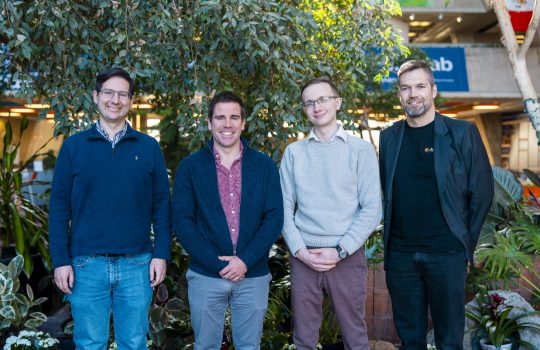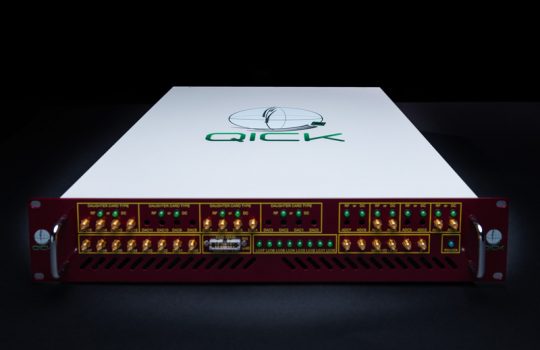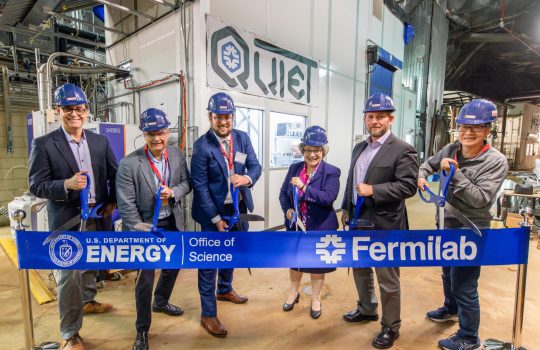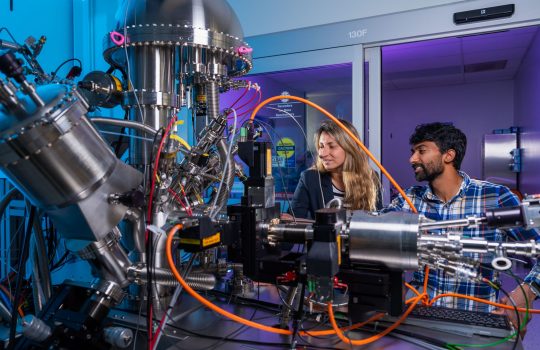Connecting qubits to photons: The future of quantum computing with Dr Silvia Zorzetti
Scientific Computing World
Fermilab’s Silvia Zorzetti is the principal investigator on a multi-year DOE Early Career Award focused on high-efficiency quantum transduction across microwave and optical domains to interface superconducting quantum computing with photonic networks.




